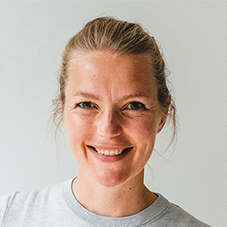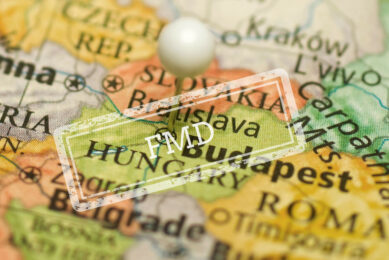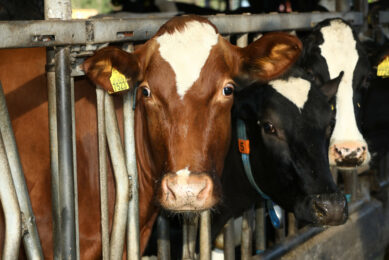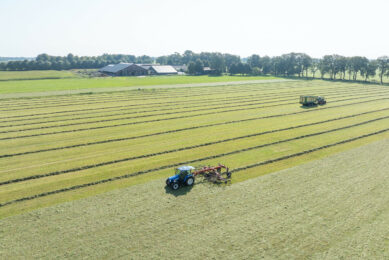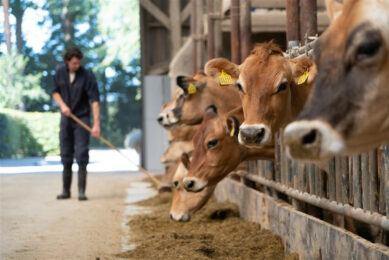German dairy farm still blocked due to furazolidone
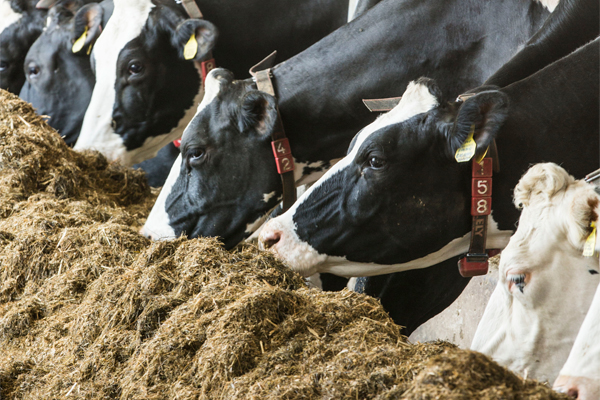
A German dairy farm in Lower Saxony is blocked after the banned antibiotic furazolidone has been detected in feed samples.
Animal feed that is supplied to a few other German cattle farms in North Rhine-Westphalia is still under examination, stated LAVES, the Lower Saxony State Office for Consumer Protection and Food Safety.
The farm in Lower Saxony is therefore not allowed to slaughter the animals before it is clear that the meat is free of residues of the banned antibiotic furazolidone. Furazolidone is an antibiotic banned in Europe since 1995 because its break down product can be carcinogenic.
One positive feed sample
The findings are the results of sampling by LAVES, performed at three German cattle farms about two weeks ago. These three cattle farms received feed from Dutch feed companies, known to have sold feed that was contaminated by furazolidone.
The contamination took place at the Dutch feed firm Van Kats Food & Feed, who supplied the raw materials (a protein source) to a number of Dutch feed companies who mixed it into the compound feed. LAVES did not find furazolidone traces in the milk samples on all three dairy farms. At two farms, also no traces were found in animal feed. On one farm traces were found in the feed and therefore the farm was still blocked. The farm is located in the Bentheim region, in the Lower Saxony State.
Little ‘contaminated’ Dutch meat sold
LAVES further reports that the number of farms in Lower Saxony, known to have received feed from the Dutch companies, has increased from nine to eleven. The farms, – primarily biogas producers – are to be further examined. Small amounts of meat of Dutch farms that got in contact with the furazolidone contaminated feed has been sold in Lower Saxony. It concerns three deliveries, between 3 and 6 pounds of veal in the regions of Göttingen, Harburg and Lüneburg and one delivery of 79 pounds in the Stade region.
Two farms blocked in North Rhine-Westphalia
In North Rhine-Westphalia, eight of the eleven blocked farms have been released. At six farms no traces were found in the samples. On two farms it was concluded that the contaminated feed was not fed to the animals. A second delivery of animal feed to another eight cattle farms is still under investigation.
Not all veal farms cleared yet
In the Netherlands, the pig farms that received the potentially contaminated feed were released last week. Also the seven German pig farms that got in contact with the feed were initially blocked but were released after a week. This means that they can sell the animals again and that the pigs will not be culled. So far, the animals at four veal farms in the Netherlands had to be culled. One other veal farm still needs to decide if it wants testing of individual animals or whether the farmers is deciding on culling of the total herd. Another two veal farms have been unblocked and two veal farms are still waiting for the test results.
Join 13,000+ subscribers
Subscribe to our newsletter to stay updated about all the need-to-know content in the dairy sector, two times a week.


